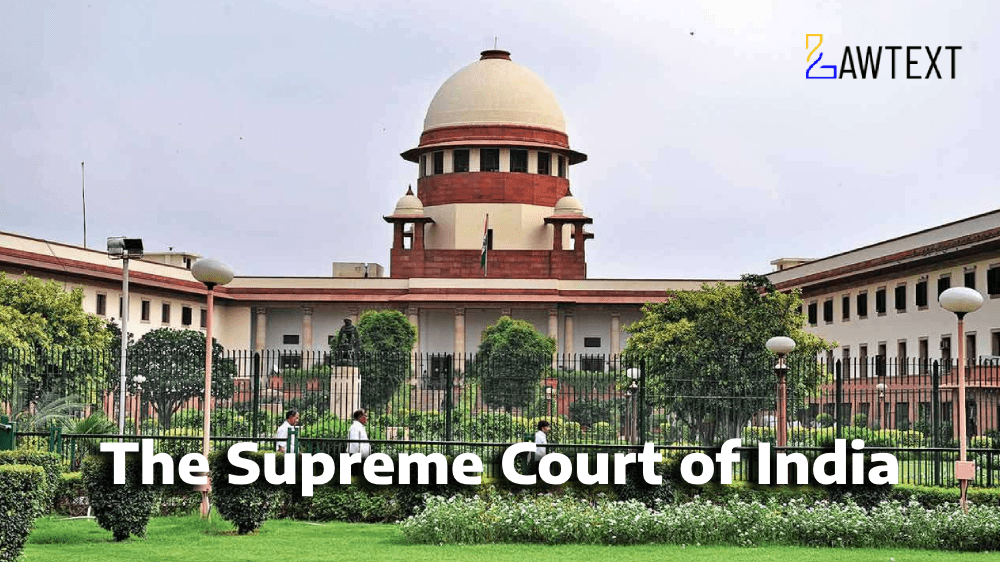

The Supreme Court of India examines whether a writ petition under Article 226 of the Constitution is maintainable against an order passed by the Micro and Small Enterprises Facilitation Council (MSEFC) under Section 18 of the MSMED Act, 2006. It also considers the permissibility of members of MSEFC acting as arbitrators after conciliation has failed.
The Court addresses conflicts between statutory arbitration under the MSMED Act and constitutional writ jurisdiction, explores the rule of alternative remedies, and deliberates upon the validity of MSEFC members acting as arbitrators post-conciliation. Questions have been referred to a larger bench for comprehensive adjudication.
Maintainability of Writs:
The core issue was whether a writ petition under Article 226 is maintainable against MSEFC's orders passed under Section 18 of the MSMED Act.
Statutory Provisions at Play:
Section 18 of the MSMED Act mandates conciliation and arbitration for disputes between suppliers and buyers. It provides for mandatory pre-deposit conditions under Section 19 to challenge an award.
Judgments in Conflict:
Judicial Observations:
Conflicting judgments raised questions about writ courts’ jurisdiction, especially when fairness and justice demand intervention.
Contractual Dispute:
Tamil Nadu Cements Corporation Limited (TANCEM) contracted M/s Unicon Engineers for cement plant machinery. Disputes arose over alleged poor performance and delayed work completion.
MSEFC Proceedings:
M/s Unicon Engineers approached MSEFC, which ruled in its favor, awarding significant payments with compounded interest against TANCEM.
Litigation History:
TANCEM contested MSEFC's rulings across multiple forums, including petitions under Section 34 of the A&C Act and constitutional challenges. Courts upheld MSEFC's orders while enforcing stringent pre-deposit conditions.
Writ vs. Alternative Remedies:
Whether statutory remedies under MSMED Act preclude writ jurisdiction under Article 226 entirely.
Role of MSEFC as Arbitrators:
Whether MSEFC members, post-failed conciliation, can act as arbitrators under Section 18 of the MSMED Act read with Section 80 of the A&C Act.
Micro, Small, and Medium Enterprises Development Act, 2006 (MSMED Act):
Arbitration and Conciliation Act, 1996 (A&C Act):
Constitution of India:
Writ Jurisdiction and Alternative Remedies:
Writ petitions, while discretionary, remain available in cases of jurisdictional errors, procedural lapses, or violation of constitutional rights despite statutory remedies.
MSEFC's Dual Role Challenge:
The interpretation of statutory powers allowing MSEFC to transition from conciliator to arbitrator creates a potential conflict with the A&C Act's explicit provisions.
Balancing Interests:
The Court emphasized the need to ensure statutory remedies remain fair, equitable, and not excessively burdensome.
Writ Jurisdiction, Arbitration Law, MSMED Act, 2006.
MSMED Act, Arbitration and Conciliation Act, Writ Petition, MSEFC, Pre-deposit Condition, Alternative Remedy, Natural Justice.
Citation: 2025 LawText (SC) (1) 220
Case Number: CIVIL APPEAL NO. OF 2025 (Arising out of S.L.P.(C) No. of 2025 @ Diary No.3776 of 2023)
Date of Decision: 2025-01-22
Case Title: M/s Tamil Nadu Cements Corporation Limited Versus Micro and Small Enterprises Facilitation Council and Another
Before Judge: [Sanjiv Khanna .CJI. , Sanjay Kumar J , Manmohan J.]
Appellant: M/s Tamil Nadu Cements Corporation Limited
Respondent: Micro and Small Enterprises Facilitation Council and Another